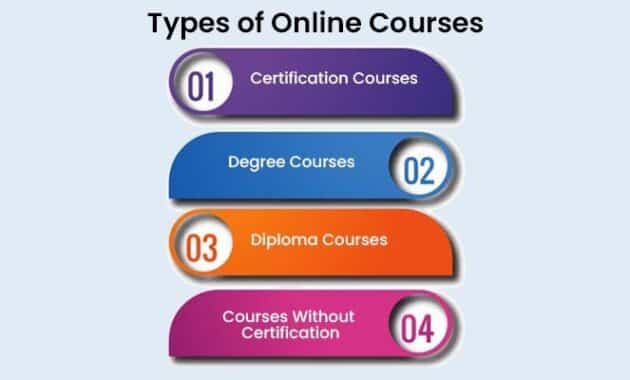University Degrees Online In an age where technology and education intersect, earning a university degree online has become more accessible and appealing than ever. With numerous institutions offering comprehensive online programs, students can pursue their academic goals from the comfort of their homes while balancing work and personal commitments. This guide explores the benefits, challenges, and essential steps to successfully earning a university degree online.
University Degrees Online The Benefits of Online Degrees

1. Flexibility and Convenience
One of the most significant advantages of online degrees is the flexibility they offer. Students can study at their own pace, allowing them to balance coursework with other responsibilities such as work or family. This convenience is particularly beneficial for non-traditional students or those who cannot commit to a rigid class schedule.
2. Wide Range of Programs
Online education has expanded dramatically, with universities offering a diverse array of programs in various fields. From business administration to computer science, students can choose programs that align with their career aspirations. For example, Arizona State University offers over 100 online bachelor’s degrees, ensuring that students have ample options to find their niche.
3. Cost-Effectiveness
Online degrees often come with lower tuition costs compared to traditional on-campus programs. Many universities also offer financial aid options specifically for online students, making higher education more affordable. Institutions like the University of Florida provide significant savings on tuition for their online programs.
4. Access to Quality Education
Students enrolled in online programs receive the same quality education as those attending in-person classes. They learn from experienced faculty and industry professionals who bring real-world insights into the virtual classroom. Programs at reputable institutions like NYU and the University of Houston are designed to maintain high academic standards regardless of the delivery method.
Challenges of Online Learning

While there are many benefits to pursuing an online degree, students may face specific challenges:
1. Self-Motivation and Discipline
Online learning requires a high level of self-motivation and discipline. Without a structured classroom environment, some students may struggle to stay engaged and complete assignments on time.
2. Limited Social Interaction
Studying online can sometimes lead to feelings of isolation due to limited face-to-face interaction with peers and instructors. However, many programs incorporate discussion forums and virtual group projects to foster collaboration.
3. Technology Dependence
Students must be comfortable using technology and navigating various online platforms for coursework and communication. Technical issues can disrupt learning if not managed effectively.
Steps to Earning Your Degree Online

1. Research Programs Thoroughly
Start by researching different universities and their online offerings. Consider factors such as program accreditation, faculty qualifications, course content, and student support services.
2. Assess Your Goals and Needs
Determine what you want to achieve with your degree and how an online program fits into your career plans. Consider your learning style, schedule flexibility, and financial situation when making your decision.
3. Apply for Financial Aid
Explore financial aid options available for online students, including scholarships, grants, and loans. Many universities provide resources to help you navigate the financial aid process.
4. Stay Organized and Engaged
Create a study schedule that allows you to manage your time effectively. Set goals for each week or month to keep yourself on track with your coursework.
5. Utilize Resources Provided by the University
Take advantage of academic resources offered by your institution, such as tutoring services, libraries, and counseling support. Engaging with these resources can enhance your learning experience.
Also Read : A Guide To Finding Everything You Need At The University Bookstore
Conclusion
Earning a university degree online is an empowering opportunity that opens doors for personal and professional growth. With flexibility, affordability, and access to quality education, online degrees are becoming increasingly popular among diverse student populations. By understanding the benefits and challenges associated with online learning—and following essential steps—students can successfully navigate their educational journeys and achieve their career aspirations.
FAQs
1. Are online degrees respected by employers?
Yes! Many employers recognize online degrees from accredited institutions as equivalent to traditional degrees.
2. How long does it take to complete an online degree?
Typically, an online bachelor’s degree takes about four years to complete; however, accelerated programs may allow you to finish sooner depending on your course load.
3. Can I work while pursuing an online degree?
Absolutely! Online programs are designed for flexibility, allowing you to balance work commitments alongside your studies.
4. What technology do I need for online courses?
You will need a reliable computer with internet access and possibly specific software required by your program.
5. How do I choose the right online program?
Consider factors such as program accreditation, course offerings, faculty qualifications, tuition costs, and student support services when choosing an online program.
6. Can I transfer credits from previous colleges?
Yes! Many universities accept transfer credits from accredited institutions; however, policies vary by school so it’s essential to check with your chosen university.




